If not applied, countries will collect tens of thousands of billions more
The Ministry of Finance has just submitted a document to the Ministry of Justice asking for comments on the proposal to draft a National Assembly Resolution on applying additional corporate income tax (CIT) according to regulations against global tax base erosion.
The Draft Resolution aims to develop a global minimum tax policy to be applied from 2024 - including regulations on the synthesis of minimum taxable income (IR) and qualified domestic supplementary minimum tax (QDMTT) - and appropriate support solutions to retain existing investors, attract new investors, and ensure equality between domestic and foreign investors, direct and indirect investors.
According to statistics from the Ministry of Finance , there are currently about 335 projects with registered investment capital of over 100 million USD operating in the processing and manufacturing industry in economic zones and industrial parks.
These projects are enjoying a corporate income tax incentive of less than 15%, often in the high-tech sector of enterprises such as Samsung, Intel, LG, Bosch, Sharp, Panasonic, Foxconn, Pegatron...
Although accounting for only about 1% of the total number of projects, the total registered investment capital of these types of projects accounts for nearly 30% of the total FDI capital in Vietnam (reaching about 131.3 billion USD).

According to the 2022 corporate income tax settlement data, the General Department of Taxation has preliminarily calculated that about 122 foreign corporations investing in Vietnam will be affected by the Global Minimum Tax if applied from 2024 (after excluding cases that do not have to apply).
If other countries also apply the Global Minimum Tax from 2024, countries with parent companies will collect an additional tax difference in 2024 estimated at over VND 14,600 billion.
Of which: Korea has 18 MNE corporations (multinational corporations) investing in Vietnam, with the tax difference payable in Korea in 2024 being more than 10,700 billion VND.
Japan has 36 MNE corporations investing in Vietnam, with the tax difference payable in Japan in 2024 being more than 250 billion VND.
Several other countries and territories with large investments in Vietnam (China, the United States, Singapore, Taiwan - China, Thailand, Canada, Hong Kong - China, the Netherlands, Malaysia, British Virgin Islands, the United Kingdom) have 50 MNE corporations, with the tax difference payable in the investing country of more than VND 3,560 billion.
If Vietnam applies a global minimum tax, we will increase state budget revenue from this additional tax collection.
What will happen to Vietnamese businesses investing abroad?
Not only is Vietnam an investment recipient, it also has foreign investors such as the Military Industry and Telecommunications Group ( Viettel ), Vietnam Oil and Gas Group (PVN), Vingroup, Vietnam Rubber Corporation (VRG), Vietnam National Petroleum Group and commercial banks... Among them, there are two Vietnamese corporations with large overseas investments: Viettel and PVN.
The Ministry of Finance (General Department of Taxation) has reviewed and made a preliminary assessment of the impact of the Global Minimum Tax on these two corporations.
According to Viettel's report, overseas investment is carried out by Viettel International Investment Corporation (VTG), while the Peruvian market is directly invested by the group's parent company.
As of December 31, 2022, Viettel has invested in 10 countries, of which: VTG is investing in 9 countries (Camaroon is no longer operating), with a total investment capital of 7,464 billion VND; the group directly invested in Peru with a capital of 100.5 million USD.
Viettel's consolidated revenue in 2021 is VND 149,494 billion; in 2022 it is VND 163,799 billion (the consolidated revenue of the group only includes the revenue of the parent company VTG, not including the revenue of member companies in the markets).
Regarding Viettel's corporate income tax rates in countries, basically, the corporate income tax rates in countries where Viettel directly or indirectly invests (through VTG) are all above 15%, except for Viettel East Timor which has a tax rate of 10% (tax exemption depending on each region, the average actual tax rate is from 5-7%).
Thus, if Vietnam applies the Global Minimum Tax (IIR regulation) but East Timor does not apply (QDMTT regulation), there is a possibility of collecting additional corporate income tax on the difference between the global minimum tax and the actual tax that Viettel must pay in East Timor.
As for PVN, as of December 31, 2021, the group and 8 member units registered 33 investment projects abroad in 14 countries and territories. Of which, 30 projects were in the oil and gas sector; 3 projects were in mineral exploitation.
According to PVN, most of the operating overseas investment projects are concentrated in Russia, Malaysia, Singapore, Laos... mainly in the oil and gas sector, subject to quite high corporate income tax rates or taxes similar to corporate income tax in other countries, from 30% to 60%.
Therefore, the application of Global Minimum Tax does not affect PVN's overseas investment activities. The Group does not have to pay additional CIT in the investing countries (if the countries apply the QDMTT) or in Vietnam (if Vietnam applies the IIR Regulation).
Only for the project in Congo, the corporate income tax rate is 0% (the project is only subject to the Resource Tax of 15%). However, the exploration project has no revenue yet.
According to the Ministry of Finance, the implementation of the application of additional corporate income tax in accordance with the provisions on preventing global tax base erosion in the National Assembly's resolution will bring new opportunities for Vietnam. Specifically, it will increase state budget revenue from additional tax collection, enhance international integration, and reduce tax evasion, tax avoidance, price shifting, and profit shifting. Vietnam will have to build more attractive and sustainable investment policies that are not based on taxes such as: administrative procedures, land access, high-quality labor resources... |
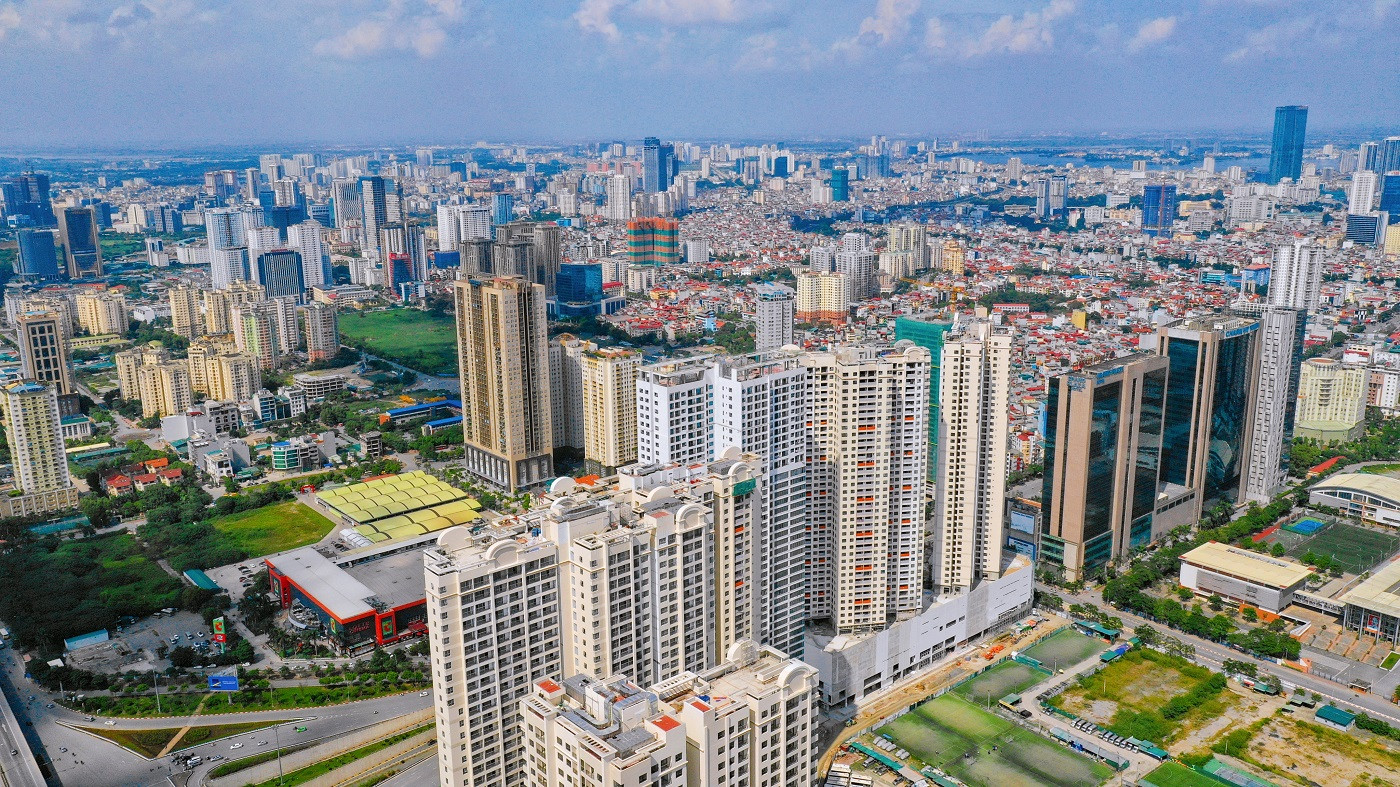
Source








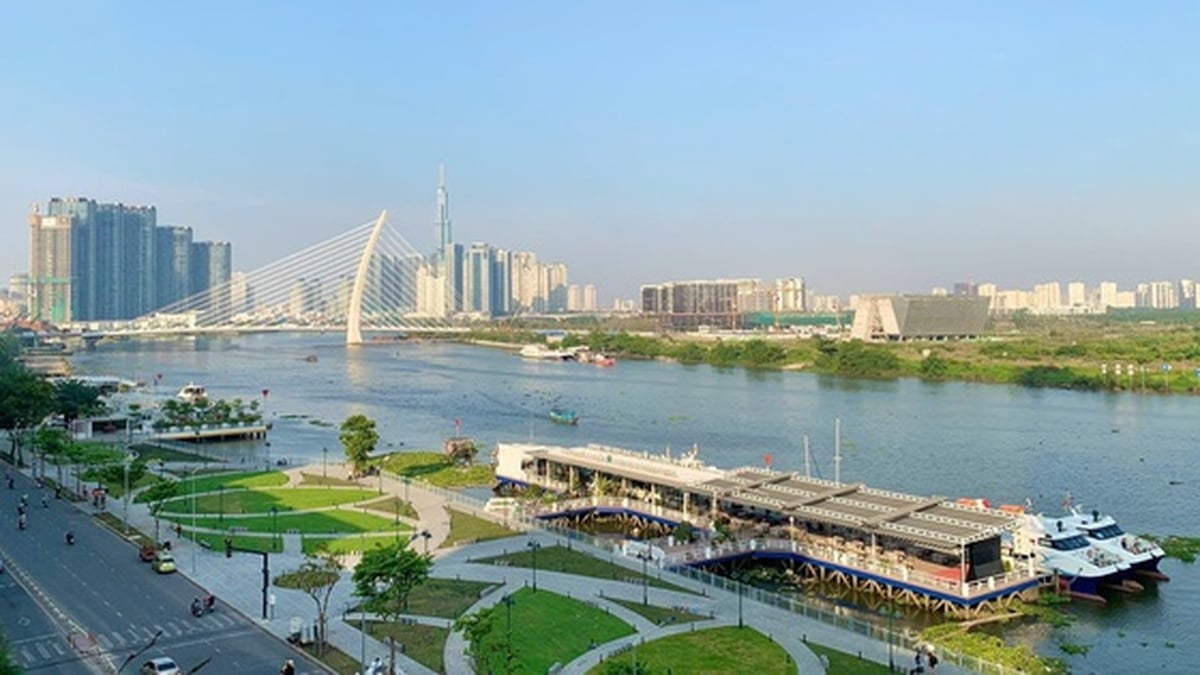















![[Infographic] Vietnam-Senegal traditional friendship](https://vphoto.vietnam.vn/thumb/1200x675/vietnam/resource/IMAGE/2025/7/23/4c96a604979345adb452af1d439d457b)











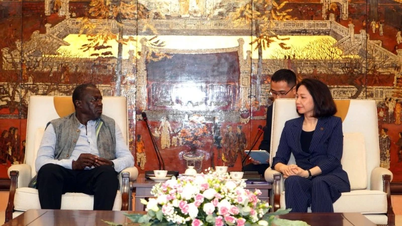











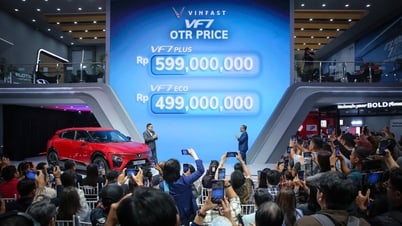

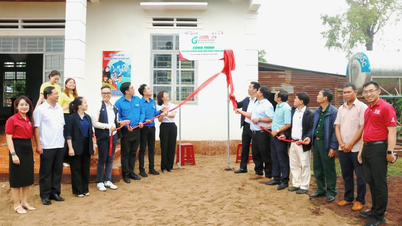

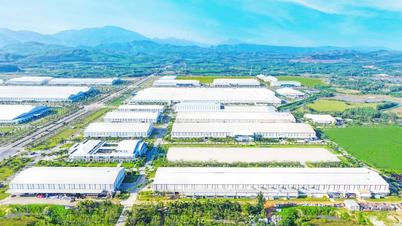




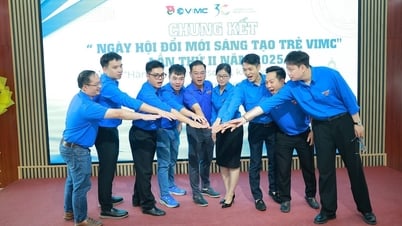
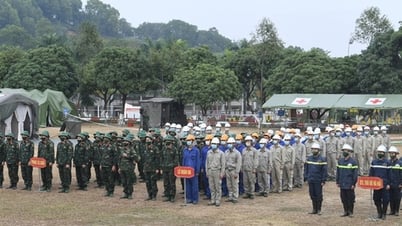





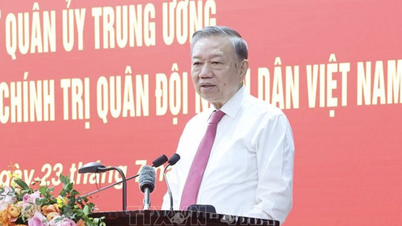

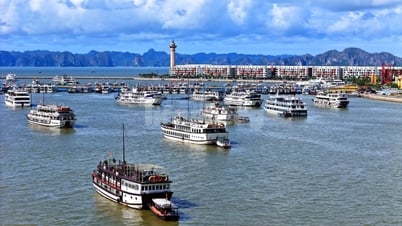





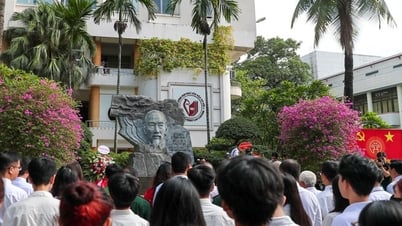


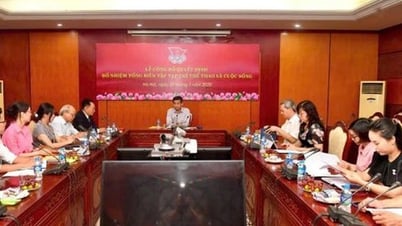

























Comment (0)